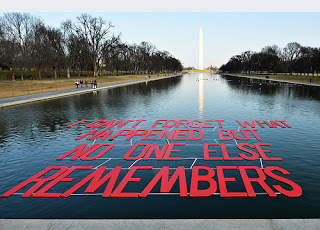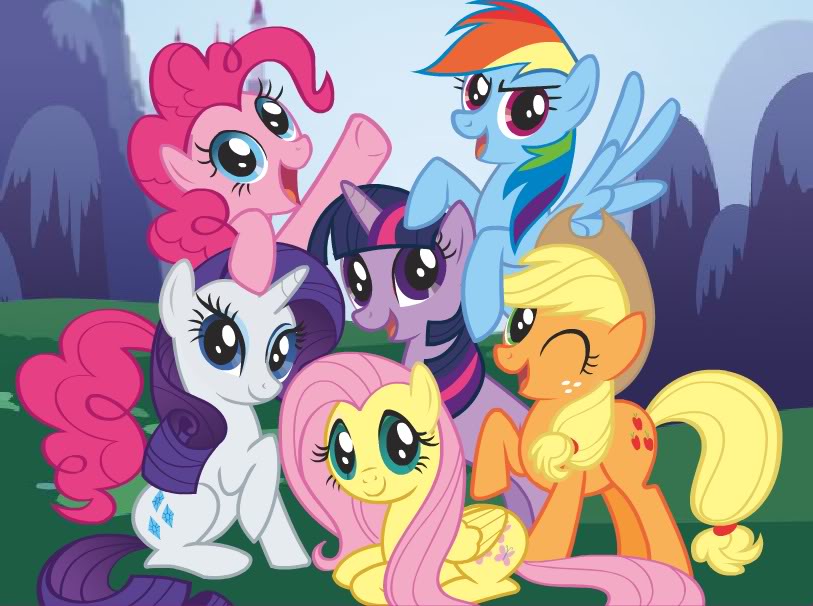As I will be leaving college and entering the
dreaded work force I have been contemplating what I choose to share via social
networking sites. I often find myself on
Facebook and will find college friends posting drunken pictures. First I think, wow it looks like they had a
fun night. Second thought, maybe that
picture shouldn’t have been shared. As a
person who I think spends too much time on the Internet and in general,
Facebook, I find myself thinking about the politics of disclosure. As social networking is replacing face-to-face
conversations I’m beginning to think we are reinventing social interactions and
all use social networks for different reasons.
Some want to create Facebook pages for their pets, use Facebook to find
a partner, share every day drama, post pictures of their babies, and/or keep in
touch with friends and family members.
Why do we share what we share?
Countless times, I have found myself typing a status and end up deleting
it because I don’t know what a family member would think. With hashtags appearing on Facebook and memes
are popping up everywhere via the inter-web we are weaving in and out of
images, quotes, humor, sarcasm, admiration, news, social activism, and even
hate speech. Scrolling though the
Facebook feed is easily done with a click of a button, but what makes us stop
in our tracks?
I’ve chosen to follow
feminist media who are on Facebook and that is where I get some of my daily
news. I couldn’t help but stop in my
tracks when I was scrolling down my feed and saw a photo that was not removed,
but it was blatant hate-speech (Referring to the picture seen here). If something offensive is posted on Facebook
it can be reported, but it may not necessarily be deleted due to their terms
and conditions. On May 21st
Women, Action & the Media (WAM), the Everyday Sexism Project and
author/activist Soraya Chemaly launched a campaign, call to action on Facebook
to take effective action to stop gender based hate speech on the website. The campaign has over 100 women’s movement
and social justice organizations. Over
60,000 tweets and 5,000 emails have been sent.
Facebook has responded to the
open letter with, “a important commitment to refine its approach to hate
speech.” In a statement, “Facebook
addressed our concerns and committed to evaluating and updating its polices,
guidelines and practices relating to speech, improving training for its content
moderators and increasing accountability for creators of misogynist content.” It sounds like kudos may be given to Facebook
for adjusting their policies. Yet, it
has taken this long for Facebook to refine hate-speech? They are adjusting policies because WAM, and
the Everyday Sexism Project would shame them until it changed. As social networking websites are changing
our social interactions and impact our lives, hate-speech and acceptance of
violence against women should not be apart of our exchange of
interactions. As the campaign continues,
many companies and organizations have pulled ads from Facebook to show they do not
agree or condone hate speech, abuse, and violence against girls and women. Some companies like Dove, American Express,
and Zipcar have not pulled their ads that are displayed alongside hateful,
violent, and abusive content. If you
would like to support this campaign, tell the companies what you think via
Facebook or Twitter. Use the hashtag
#FBrape on Twitter.
By Gretchen D. Hawker
Here is the Open Letter to
Facebook:
Here is a list of companies
that pulled ads: http://www.womenactionmedia.org/facebookaction/campaign-wins-updates/




